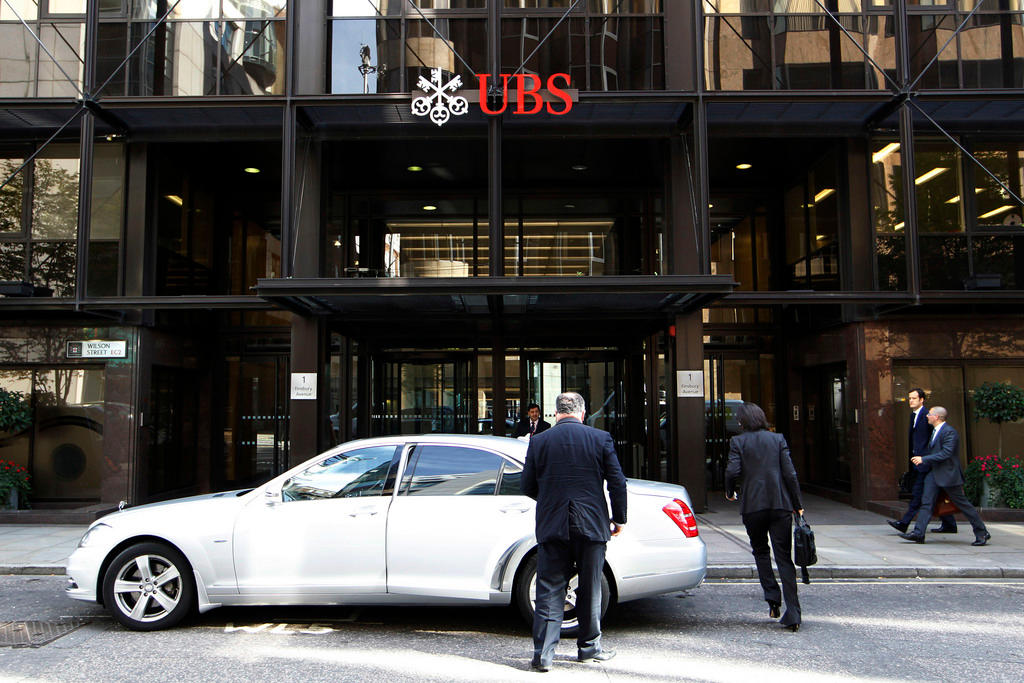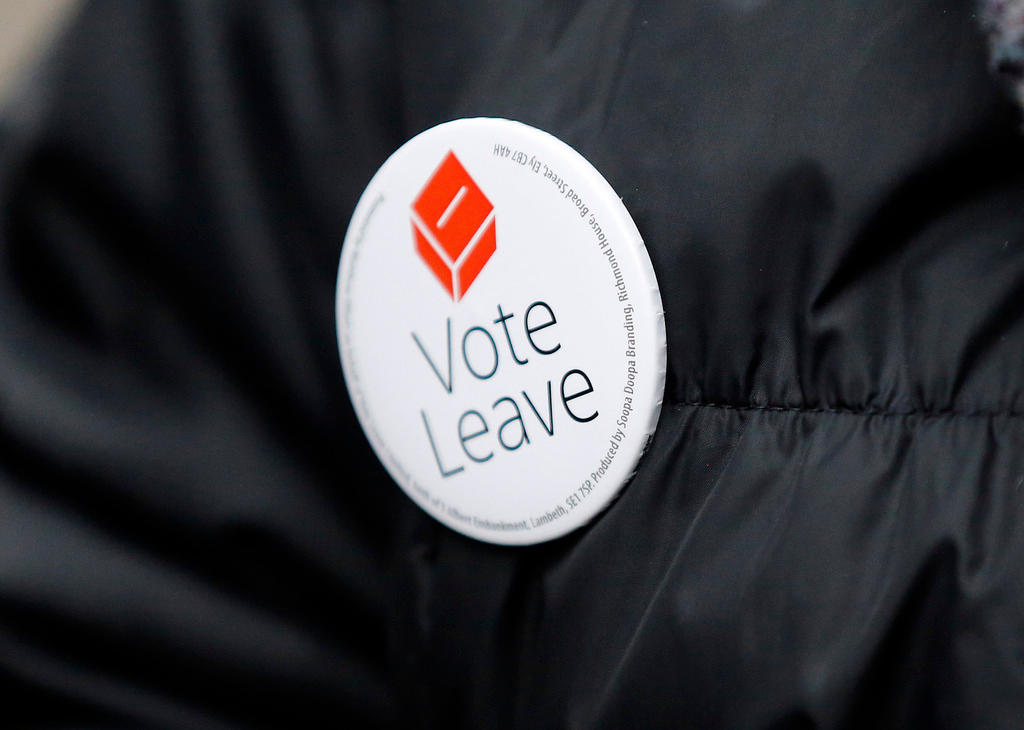Brexit fears put franc under further pressure

The spectre of Britain leaving the European Union next week continues to haunt the franc. The Swiss currency strengthened on Wednesday, with a euro buying CHF1.079 – the first time the exchange rate has fallen below CHF1.08 since December.
“Brexit is the big elephant in the room,” Bank Sarasin chief economist Karsten Junius told swissinfo.ch. “Everyone is getting scared and that is putting more pressure on the safe haven franc.”
The latest opinion polls in Britain show the referendum on June 23 as too close to call, which is spooking many investors into positions of greater safety. With the British pound and the euro expected to take a battering if Britain leaves the EU, the franc is the most obvious port of call, according to Junius.
The United States presidential elections in November appear to have created enough mid-term uncertainty to dent the US dollar’s attractiveness as an alternative safe haven, Junius added. “The markets are speculating that if Brexit does take place, it might give momentum to other populist parties, i.e. Donald Trump,” he said.
Junius predicts the markets will “test the barriers of CHF1.05” should Brexit become reality next week, at which point he believes the Swiss National bank (SNB) would have to intervene heavily.
This would spell even worse news for Swiss exporters and the tourism industry, which have been reeling ever since the SNB abandoned its franc-euro exchange rate peg in January 2015.
Monetary policy meeting
Switzerland’s central bank will meet on Thursday to decide on interest rates, currently in the negative target range of -1.25% to -0.25%. The SNB is also charging domestic banks -0.75% interest to park their reserves at the central bank.
Most analysts expect the SNB to keep general interest rates unchanged but possibly raise the charge for domestic bank deposits. It would certainly tackle any Brexit issues by intervening on the foreign exchange markets, printing francs to buy euros.
IG Bank in Geneva has pointed out that the SNB’s most recent monthly statement on foreign reserves showed an increase from CHF587.6 billion ($609 billion) in April to a record CHF602.1 billion in May. Another rough measure of SNB intervention – sight deposits that domestic banks leave at the SNB – were last week close to the CHF500 billion mark, up from CHF468 billion at the end of last year.
“A vote [for Britain] to leave the EU would clearly send the franc strongly higher, forcing the SNB to intervene heavily, and potentially cutting the deposit rate further,” IG Bank’s Andreas Ruhlmann said in a recent note.

In compliance with the JTI standards
More: SWI swissinfo.ch certified by the Journalism Trust Initiative




You can find an overview of ongoing debates with our journalists here . Please join us!
If you want to start a conversation about a topic raised in this article or want to report factual errors, email us at english@swissinfo.ch.